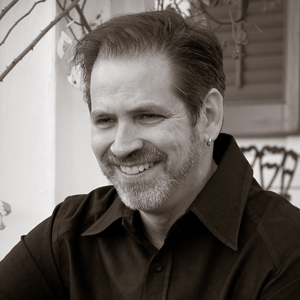A few years back while giving a class on basic harmony, I was explaining the major scale in terms of whole and half-steps. A student raised his hand and said:
“That’s too many rules.”
Needless to say I was taken aback by this comment, since I never really thought of that as a rule, more like an observation. Nor have I ever felt particularly held back by the structure of a major key. But this did cause me to consider an issue in music and creativity that rears its head more and more often: Not wanting to know.
Now, you may realize I don’t subscribe to this approach, but it appears to be working for some.
Ignorance is bliss
Let’s look at how this philosophy of limited information can work for today’s musician:
- There is no need to improve ourselves; just “being” is enough.
- The “filtering” of input can become more and more complete, until no unpleasant information can get through.
- We feel really good about what we are doing, regardless of how it sounds.
- We develop a bullet-proof ego.
When we get a glimpse of the world outside this bubble, we can use one of the following strategies:
- “I’m not held back by your obsolete rules.” This implies that we have “moved” past your limited view, and no longer need that kind of structure. You’re not “ready” for what we are doing.
- Attack the messenger. You are simply “hating.” You are clearly motivated by envy or bitterness. This changes the subject from the quality of the music to a discussion of your character, avoiding any real exchange of ideas.
- “Look how many records they have sold.” This means popularity is equal to artistry. This substitutes one standard for another, despite their differences. At one time, Mozart’s operas were big-time pop entertainment, because it wasn’t possible to “fake it.” Today, the illusion of talent can reign supreme.
- Surrounding ourselves with people who either worship us or are even less aware than we are. This isolation is how cults work; deprive people of information and they will believe anything.
Truth shall set you free
While there are great ego and self-esteem benefits to this kind of approach, I believe an open and honest ethic is best:
- For every perceived “rule” there are myriad possibilities.
- It may be humbling to observe the brilliance of others, but the result is humility; arguably a rather important character trait.
- There is no need to hide from influences or criticism; in fact they are now needed more than ever.
- Our art will be honest and sincere, and it will stand on its own without need for “hype.”
- We constantly feel the joy of discovery, something people who think they know everything don’t experience.
Going too far
It is also possible t0 go in the other direction, where we never feel like we have enough knowledge or experience to really be a valid artist. This can lead to perpetual study without the risks of artistic output. For many, this hazard of being curious can lead to creative blocks. However, this is by far the smaller problem in today’s music business.
Questions:
- Do you ever avoid information about your limits?
- Are you buying into “hype” without using your own standards?
- Do you see rules as limits or as possibilities?


